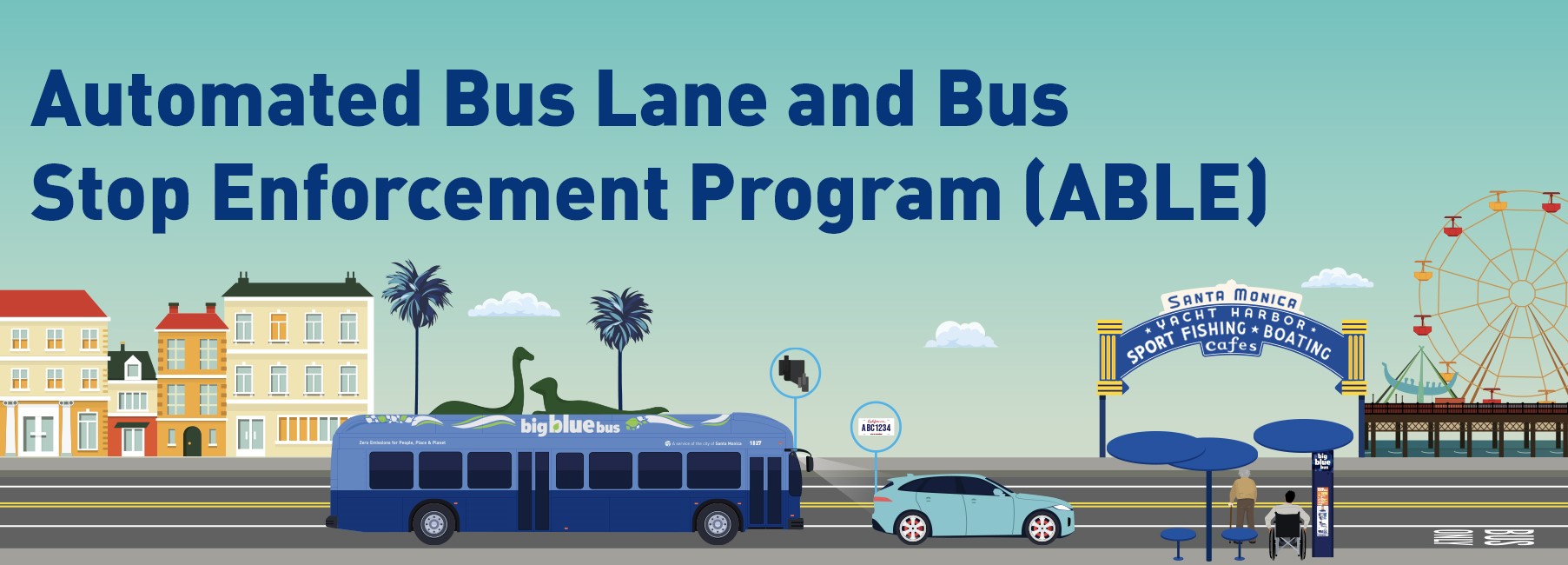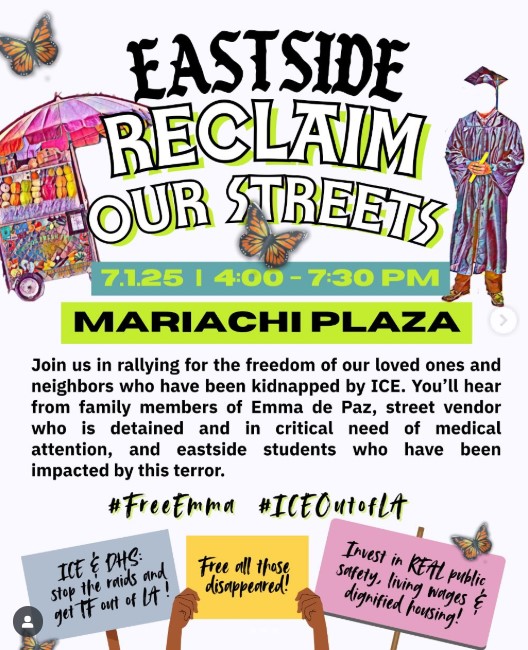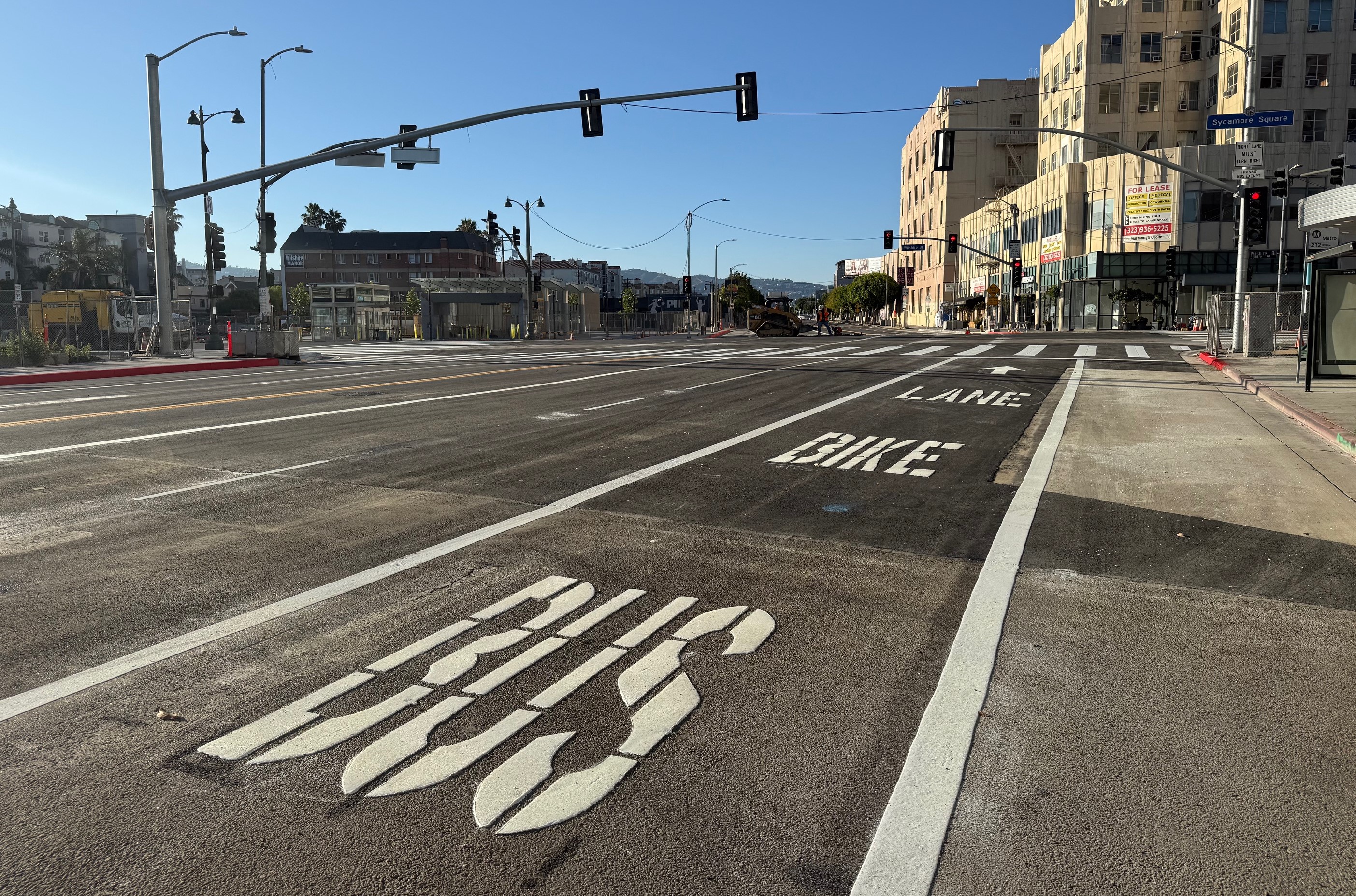At its monthly meeting today, the Metro board of directors approved placing a sales tax measure on the November ballot. If approved by the voters, the measure would add a new half-cent sales tax and would extend Measure R's half cent sales tax. These sales taxes would be permanent.
Today's deliberations were quite a bit more contentious than last week's unanimous committee approvals. After hours of public testimony - some hostile, some approving - the board considered the sales tax motion alongside four amending motions:
- Boardmember and County Supervisor Don Knabe proposed two motions that would have derailed the sales tax. One would have postponed the vote, awaiting further study. Another would have allocated a great deal of funding for additional specific projects in Knabe's district. Both Knabe motions failed to get enough votes for passage.
- Boardmember and Inglewood Mayor James Butts pressed for a decision on his earlier motion to accelerate partially funded Measure R projects ahead of any new projects in this year's ballot measure. Butts' motion did not receive enough board votes to pass.
- Boardmember and Los Angeles Mayor Eric Garcetti spearheaded a motion to direct $180 million in ballot measure sales tax funding for a transit project, expected to be BRT, to serve the North San Fernando Valley. This addresses the recent push, led by State Senator Bob Hertzberg, for improved transit connections to Cal State Northridge. The Garcetti motion passed; it was the only sales tax amendment that did pass.
When the final sales tax vote passed, only boardmembers Knabe and Diane DuBois voted against.
Today's approval includes $10.9 million to fund “election-related and public information costs.” Putting the measure on the ballot will cost $8.4 million. Metro will also spend $2.5 million to educate the public about it.







